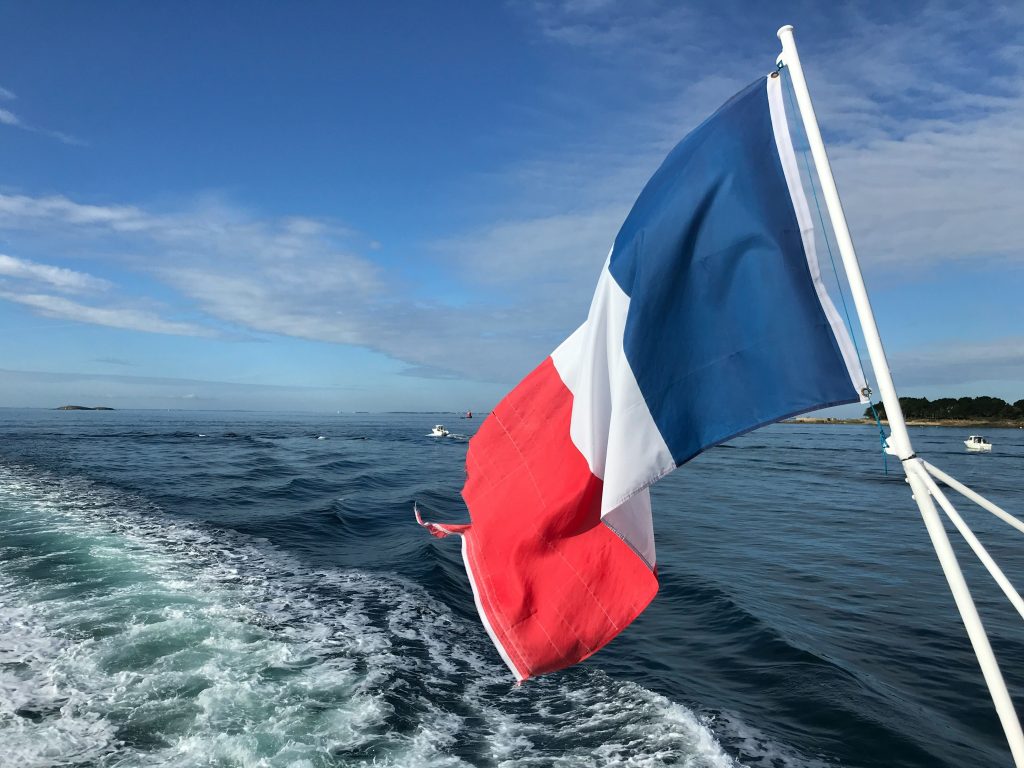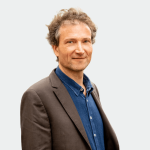[FR] After the speeches for Europe, it’s time for action

Just one year ago, Europe, from Brussels to Berlin, breathed a sigh of relief after trembling until the second round of the French presidential election. Since that election, won to the strains of the Ode to Joy, why hide one’s enthusiasm for a European project that had ended up forbidding any display of it? It was this ‘contagious enthusiasm’ that impressed the German jury of the Charlemagne Prize, which will be awarded to Emmanuel Macron on 10 May. In the august city of Aachen, the European Union will celebrate its new hero. There is no doubt that the French President’s speech will be worthy of the honour bestowed upon him. During his campaign and his first year in office, Emmanuel Macron understood that Europe will only continue to exist by arousing emotion, that it will be revitalised by a sense of shared belonging. Jean Monnet’s ‘small steps’ do not preclude grand gestures, nor do they preclude the coldness of norms and the lukewarmness of compromises, the warmth of an affectio societatis to be formed, including through words. The Head of State is thus seeking to make Europeans proud again, to paraphrase Trump. His speech in Aix follows on from those in Athens, Strasbourg, Frankfurt and Gothenburg, with the Sorbonne as the highlight of a first year full of eloquence. A series of speeches seeking to restore depth, vision and perspective to the European project at a time when its justification tended to be limited to Erasmus and free roaming.
But the cycle of speeches must now give way to action. Time is running out before the European elections next May. Eurozone budget, carbon border tax, European university, high school mobility, transnational lists… Emmanuel Macron has thrown a lot of ideas on the table. Perhaps too many at once, all at the same time. Some have been put on hold until better days, while Paris, unable to shift the lines, is returning to its red lines on the CAP.
While public speaking is a noble but solitary exercise, action is a collective exercise that requires a willingness to engage in dialogue, openness to the ideas of others, and a desire to co-construct rather than immediately flaunt one’s views. The citizen consultations that the French president has managed to launch across the continent send a positive signal in this regard. But they will not be enough to win him allies in his ambition for Europe. With the political situation deteriorating in many countries, particularly Italy, Emmanuel Macron appears to be a leader without a team in Europe.
In fact, a year after the relief felt across Europe following his election, he has received little in return. The ceremony in Aachen and the tribute Angela Merkel will pay him on this occasion should not be misleading. Awarding the most prestigious European prize should not mask the new coalition’s lack of enthusiasm for moving Europe forward, particularly the eurozone.
Emmanuel Macron needs more than an award, which comes too soon. The Charlemagne Prize most often crowns a European achievement rather than preceding it. This honour should not signal to him that, after saving Europe a year ago, he can now stop there and dispense with further work in the house. On the contrary, this early prize places an obligation on its recipient. He must be mindful of precedents. Tony Blair received it in 1999 after bringing Britain back into the European fold and helping to bring peace to Northern Ireland, but his European commitment did not mark his next two terms in office. Even more embarrassingly, Barack Obama received the Nobel Peace Prize in 2009, without having been able to honour it for long afterwards. Such a distinction must be accepted with humility. It should be seen not as an achievement but as an invitation to fulfil the promise that one embodies, through ‘concrete achievements’, as Robert Schuman called for on 9 May 1950, in order to transform reality beyond the power of words alone.




